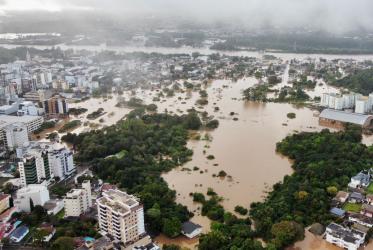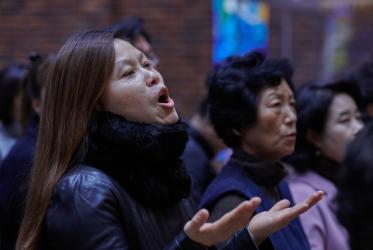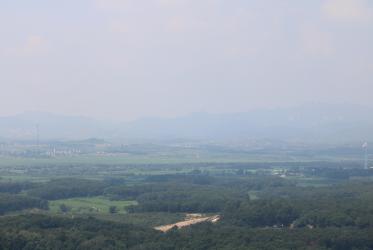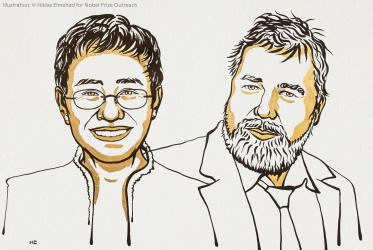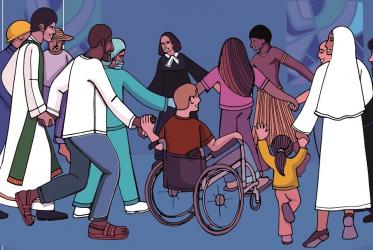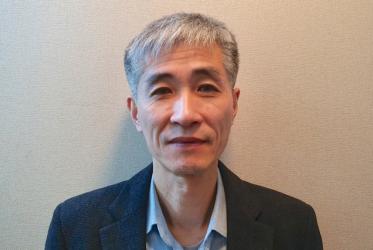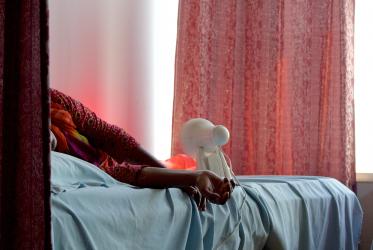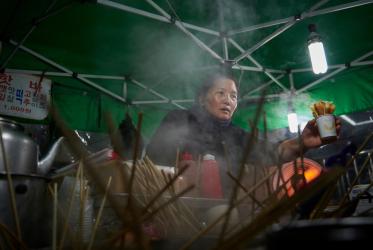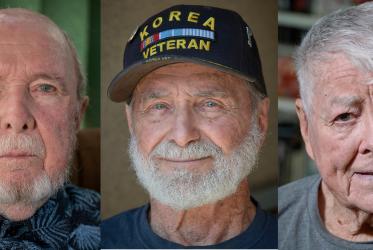Displaying 1 - 20 of 124
09 September 2023
WCC stands in solidarity with victims of major flood in Brazil
17 February 2022
WCC congratulates 2021 Nobel Peace Prize laureates
14 October 2021
Rev. Shin Seung-min: “We want to create hope, not despair”
22 December 2020
WCC podcast deals with death and dying
15 December 2020
Brazilian churches call for transformative racial justice
23 November 2020
